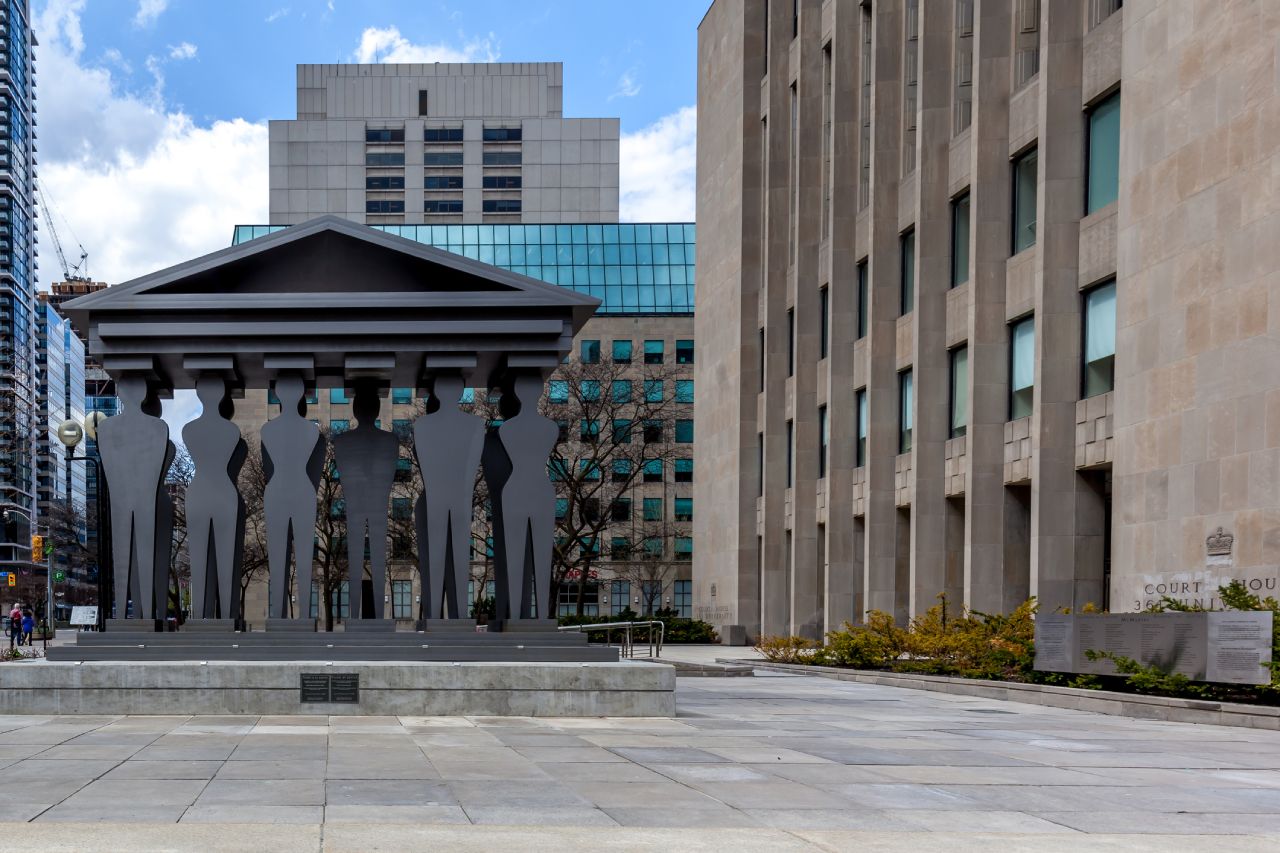Lawsuits can settle at any time. But if a settlement doesn’t appear to be forthcoming, all cases in the Ontario Superior Court will eventually be scheduled for a pretrial conference.
Pretrial conferences are conducted by judges or associate judges. In order to obtain a pretrial conference date, a trial record needs to be filed with the court.
Once a trial record is filed, the court will give you a date for assignment court, where a date for your pretrial conference will be scheduled.
The pretrial conference is an opportunity for the parties to discuss the strengths and weaknesses of their case with a judge or associate judge, in the hopes that everyone will keep an open mind, and strive to reach a settlement of the issues that are in dispute. Typically, dates for the trial are assigned at the pretrial.
Until now.
As of March 31, 2022, subrule (2.1) of Rule 50.02 of the Ontario Rules of Civil Procedure now stipulates:
(2.1) Unless otherwise provided by a court order or applicable practice direction, a pre-trial conference shall be scheduled for a date that is not more than 120 days and not less than 30 days before the later of the following dates:
- The first day fixed for the trial.
- The first day of the sitting during which the trial is expected to be held.
This amendment represents a substantial change from the way business is currently conducted at the Ontario Superior Court. With pretrials only happening four months or less before the start of trial, the parties will not receive the benefit of a judge or associate judge’s assistance in settling a case until almost the time of the trial.
While there are certainly anticipated benefits to this change, including more meaningful pretrial conferences where the parties are actually ready for trial and have all of their expert reports completed, this new subrule will cause parties to spend more money preparing difficult-to-settle cases for trial.
Rule 50.03.1(1) now stipulates that 30 days before the pretrial, each party must file a certificate of readiness form (Form 50A), indicating whether the party intends to call any expert evidence at trial, and if the report of the expert required under Rule 53.03 (1) or (2) has been served on the other parties, and if not, why not.
These amendments also carry with them potential punitive measures for any litigant that is not prepared for trial at the time of the pretrial. Rule 50.12 now has a new subrule (2) that states:
Unproductive Pretrial Conference
(2) If the judge or associate judge determines that a pre-trial conference over which the judge or associate judge presided was unproductive for reasons relating to a party’s conduct, an order made under subrule (1) may require that the costs be paid immediately.
So these new rules have some teeth! No doubt our judges and associate judges have endured many frustrating pretrials in which the parties or their lawyers were still missing important reports, and essentially wasting the court’s time.
With these new rules, it is more likely that parties will treat the pretrial conference in the manner in which it is intended to be used – as an opportunity to candidly and frankly discuss the issues in the case in an effort to achieve resolution of the issues, and if a such resolution cannot be achieved, to discuss trial scheduling issues.
These new rules will also provide the judge or associate judge presiding over the pretrial with the discretion to establish a timetable, and to adjourn the trial date if necessary.
Cases set down for trial prior to March 31, 2022, will continue to be governed by the currently existing pretrial rules under Rule 50 in the Ontario Rules of Civil Procedure.
For more information, see: https://www.ontario.ca/laws/regulation/r22018



